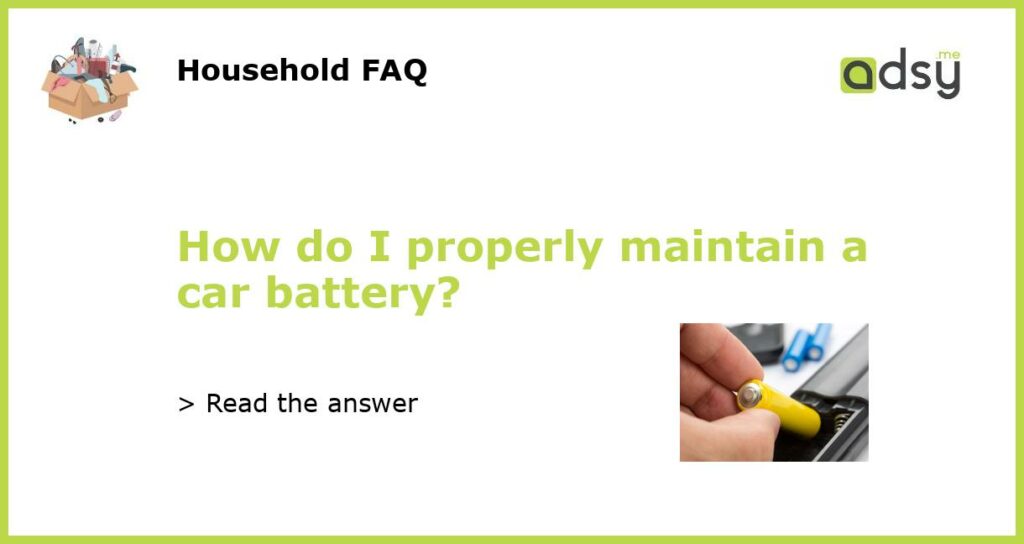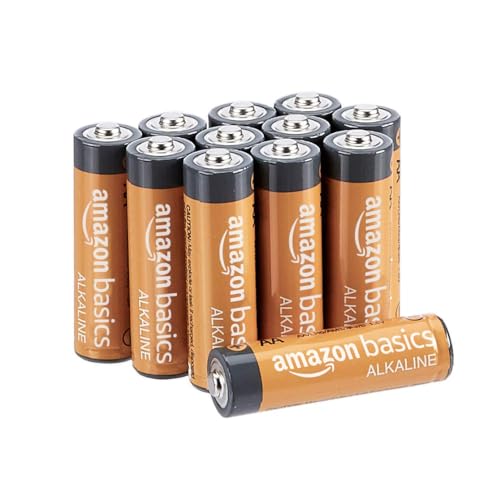Understanding the Basics of Car Battery Maintenance
Properly maintaining a car battery is crucial for the overall performance and longevity of your vehicle. A car battery is responsible for providing the electrical energy needed to start the engine and power various components such as lights, radio, and air conditioning. To ensure that your battery lasts as long as possible, there are a few key maintenance practices you should follow.
Regularly Inspect and Clean the Battery
One of the first steps in maintaining a car battery is regularly inspecting and cleaning it. Start by visually inspecting the battery for any signs of damage or corrosion. Look for cracks, leaks, or other physical damage that could indicate a problem. If you notice any issues, it may be time to replace the battery.
In addition to inspecting the battery, it’s also important to clean any dirt, debris, or corrosion that may have accumulated on the battery terminals. Corrosion can prevent the battery from properly charging, so it’s essential to keep the terminals clean. Use a battery brush or a mix of baking soda and water to gently scrub away any corrosion. Be sure to wear gloves and eye protection when working with batteries.
Check and Maintain the Battery’s Fluid Levels
Another crucial aspect of car battery maintenance is checking and maintaining the fluid levels. Many car batteries are known as maintenance-free, meaning they don’t require regular topping off of electrolyte fluid. However, some batteries may have removable caps, allowing you to check and add distilled water if necessary.
If you have a non-maintenance-free battery, check the fluid levels regularly and add distilled water not tap water, if needed. Be careful not to overfill the battery, as this can lead to electrolyte leakage.
Ensure Proper Charging
Proper charging is essential for the health and longevity of your car battery. If your vehicle has an alternator, the battery is continuously charged as you drive. However, if you mostly take short trips or leave your car parked for long periods, the battery may not receive a full charge. This can lead to a decrease in performance and eventually cause the battery to fail.
To ensure proper charging, consider using a battery maintainer or trickle charger when your vehicle is not in use for an extended period. These devices provide a low, steady charge that keeps the battery topped up without overcharging it. It’s also a good idea to take your car for a longer drive regularly to allow the alternator to fully recharge the battery.
Avoid Excessive Heat and Cold
Extreme temperatures can significantly affect the lifespan of your car battery. High temperatures cause the battery fluid to evaporate, leading to decreased functionality. On the other hand, extreme cold temperatures can reduce the battery’s ability to provide adequate starting power.
To protect your battery from excessive heat, park your vehicle in a shaded area whenever possible. If you live in an extremely hot climate, consider using a battery insulation kit to help regulate temperatures. In cold weather, use a battery blanket or heater to keep the battery warm and prevent freezing.
By following these car battery maintenance tips, you can ensure that your battery remains in good condition and performs optimally for years to come. Remember to consult your vehicle’s owner manual for specific maintenance recommendations and always seek professional help if you’re unsure about any maintenance procedures.






